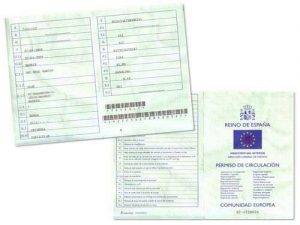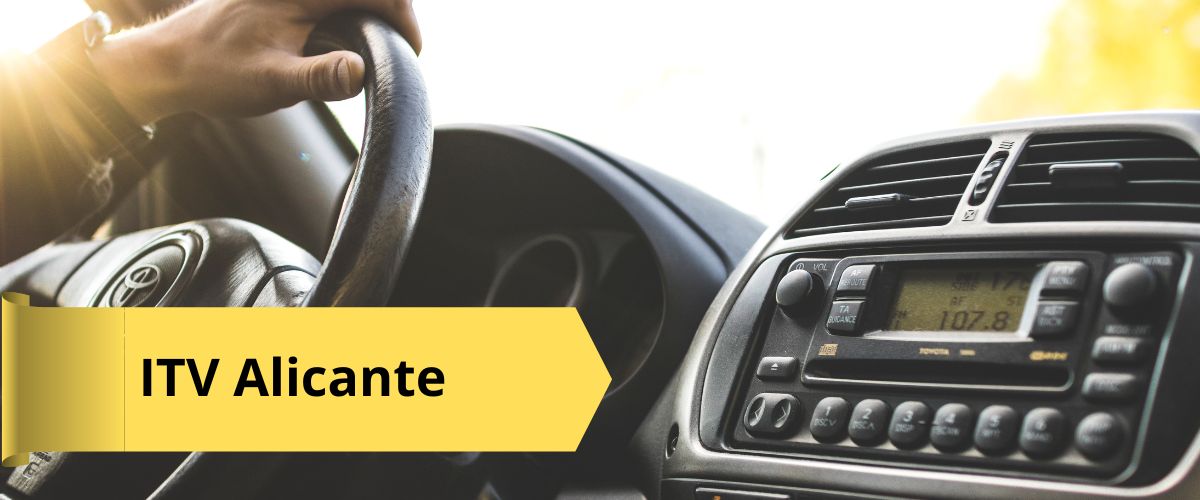Usual Obstacles Dealt With Throughout Foreign Vehicle Registrations and Exactly How to Get rid of Them
Browsing the complexities of foreign vehicle enrollments can be an overwhelming task, stuffed with challenges that vary significantly throughout jurisdictions. Concerns such as analyzing regional laws, getting over language barriers in essential documents, and reconciling discrepancies in car requirements frequently develop.

Recognizing Neighborhood Rules
Navigating the complexities of international vehicle registration begins with a complete understanding of neighborhood guidelines. Each country has its particular regulations and requirements regulating the enrollment of vehicles, which can vary dramatically from one territory to one more (Register a foreign Vehicle in Spain). It is crucial for international automobile owners to acquaint themselves with these laws to guarantee conformity and avoid potential penalties or legal difficulties

Additionally, some jurisdictions mandate car inspections to establish conformity with regional safety and security and emissions standards. This could necessitate modifications to the lorry prior to it can be legitimately registered. Engaging with regional authorities or talking to lawful specialists can supply clarity on these laws.
Language Barriers in Documents
Language obstacles pose considerable obstacles when it concerns the paperwork required for foreign vehicle registration. Numerous individuals run into difficulties in recognizing the particular demands detailed in local guidelines, as these records are usually published in the main language of the host country. Misconceptions can cause the submission of wrong or incomplete paperwork, leading to hold-ups or rejection of registration.
In addition, necessary documents, such as title acts, proof of possession, and insurance coverage, may not have easily available translations - Register a foreign Vehicle in Spain. This can produce complication for foreign vehicle proprietors that are unfamiliar with the regional terms and lawful jargon. Because of this, browsing the registration process ends up being troublesome, typically requiring added time and initiative to ensure conformity
To mitigate these concerns, it is advisable for foreign vehicle owners to look for expert translation solutions or get in touch with local professionals who can help in comprehending the requisite paperwork. In addition, federal government agencies may supply multilingual sources or standards to help with the enrollment process. Proactively dealing with language obstacles can streamline the registration experience, making sure that all required files are precisely ready and sent based on regional policies.
Automobile Spec Inconsistencies

Coming across vehicle spec disparities can develop substantial difficulties for international vehicle owners during the enrollment procedure. These disparities typically emerge from distinctions in manufacturing criteria, measurement units, and regulatory requirements between the vehicle's native land and the host nation. An automobile that fulfills safety and security and emissions criteria in one country might not line up with the specifications required for registration in another, leading to hold-ups or outright rejections.
To get over these difficulties, it is important for foreign lorry proprietors to conduct thorough research prior to starting the enrollment process. This includes comprehending the discover this info here details demands established by the local authorities, such as safety standards, emissions levels, and any kind of needed alterations. Engaging with a specialist service concentrating on international car enrollment can additionally provide beneficial understandings and help in navigating these disparities.
Paperwork plays a crucial function, so ensuring that all technological specs and adjustments are accurately mirrored in the documents can mitigate issues. Additionally, keeping open communication with regional registration authorities can supply clarity on any potential inconsistencies, allowing for timely resolution and effective enrollment of the lorry.
Navigating Tax Needs
Recognizing the tax needs connected with international car enrollment is essential for owners looking to abide with local guidelines. Each territory has details tax obligation obligations that must be fulfilled before a vehicle can be legally signed up. These may include import duties, value-added tax obligations (BARREL), and annual lorry taxes, which More Bonuses can vary significantly depending on the vehicle's origin, worth, and specs.
To browse these tax obligation demands efficiently, lorry proprietors should start by researching the particular taxes appropriate in their area. Consulting with local tax obligation authorities or a tax specialist with experience in international automobile registrations can give quality on the procedure and potential responsibilities.
Furthermore, it is essential to keep thorough documents of the vehicle's purchase and any repayments made, as this will certainly be needed for tax calculations and possible audits. Owners must additionally recognize any kind of deadlines related to tax obligation payments to avoid penalties or delays in registration.
Inspection and Conformity Issues
Routinely addressing examination and compliance issues is essential for proprietors of foreign cars seeking to register them in a new jurisdiction. Each area has distinct guidelines regarding vehicle security, visit homepage exhausts, and modifications, which can position significant challenges for owners not familiar with local standards. As a result, comprehending these demands is critical to prevent delays and added costs.
One typical issue develops when foreign lorries do not meet the host territory's safety and security and exhausts standards. Owners need to proactively validate that their lorries abide by regional policies, which might include alterations or obtaining necessary documentation from suppliers. Furthermore, many jurisdictions require a comprehensive evaluation by an authorized center, which can lead to further issues if the car fails to fulfill given criteria.
To browse these difficulties, owners can seek advice from local vehicle registration authorities or look for help from specialists accustomed to the registration process. Preparing all needed documentation ahead of time, including previous inspection records and evidence of conformity, can enhance the registration process. Eventually, thorough preparation and awareness of assessment demands can significantly boost the chance of an effective foreign lorry enrollment.
Conclusion
In recap, the procedure of international vehicle enrollment involves numerous obstacles, consisting of understanding of local laws, language obstacles in paperwork, discrepancies in lorry requirements, navigating of tax obligation needs, and assessment and conformity problems. Addressing these challenges necessitates diligent study, application of professional translation solutions, and assessment with neighborhood authorities. Involving specialized services can guarantee adherence to safety and security and discharges requirements, inevitably helping with a smoother enrollment procedure and conformity with all pertinent commitments.